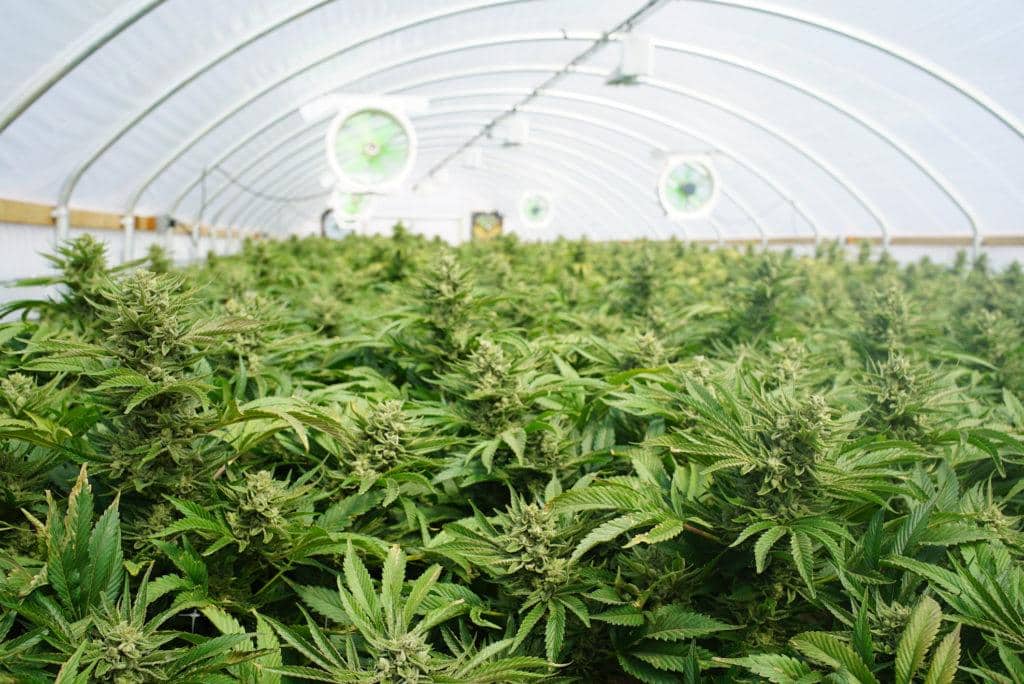Summary of the Proposed Approach to the Regulation of Canna

On November 21, 2017 the Canadian Minister of Health announced the Proposed Approach to the Regulation of Canna. The public consultation 60-day period has begun for feedback on the proposed rules which are primarily to layout the framework and regulations around recreational marijuana with medical marijuana rules, for the most part, being status quo. The
... Read moreCanada Natural Health Product (NHP) Labelling Revision Update for Products Containing Green Tea Extract (GTE)

On November 14, 2017 the Natural and Non-prescription Health Products Directorate (NNHPD) announced that there are several updates to the NHP Monograph for Green Tea Extract based on reports from Canada and worldwide that there may be a link, albeit the risk is rare, of the use between green tea extract and risk of a
... Read more